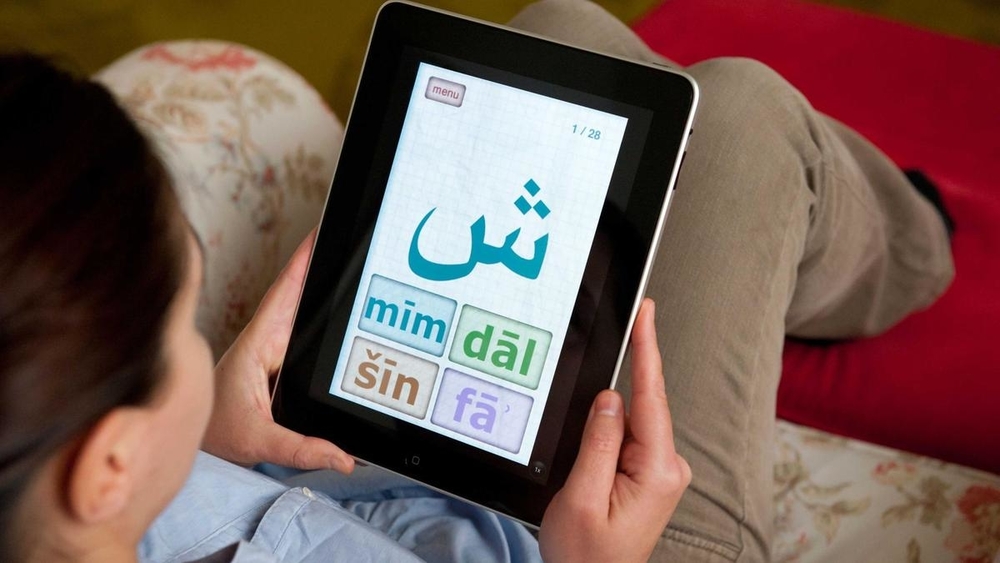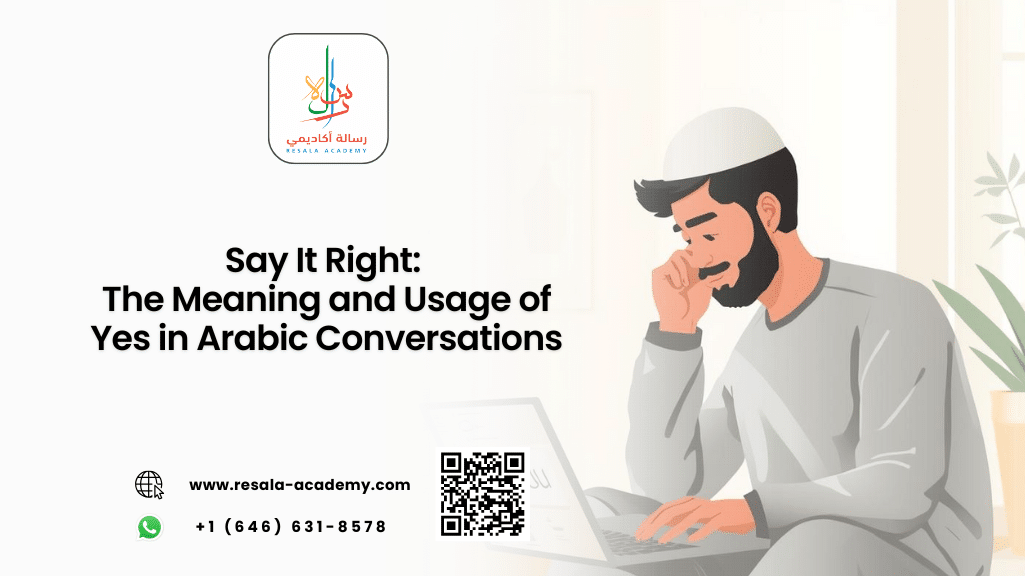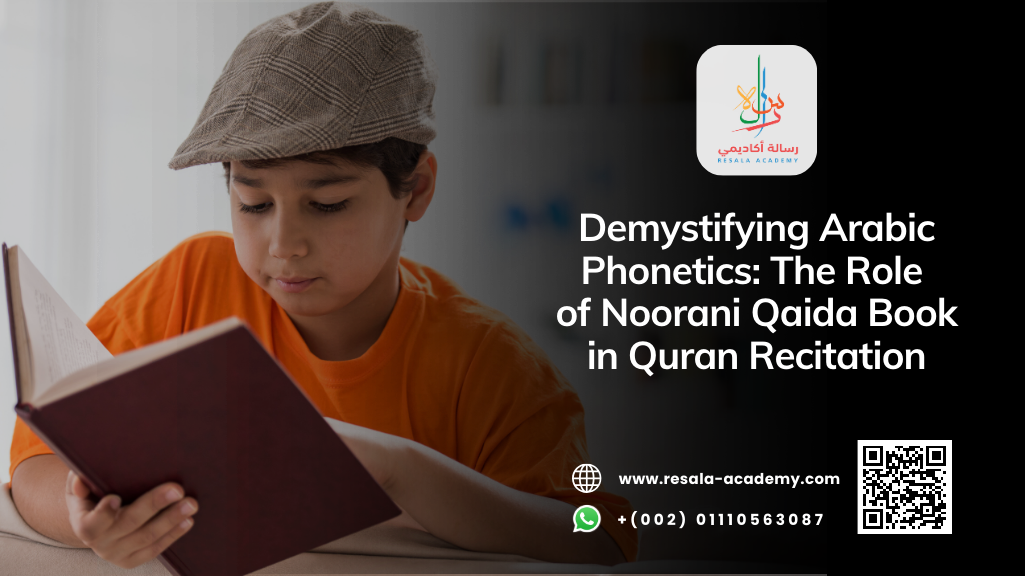Arabic is one of those languages that, right up there with Chinese and Pashto, is considered extremely difficult for English speakers to acquire. Any book that promises mastery in months is false; more accurate is the common teaching adage ‘Seven years to learn, a lifetime to master it.’ In this article, we would mention the best easy ways to follow in order to be able to learn Arabic efficiently.
Table of Contents
There is one form for reading and writing and another form for conversation: Arabic is what linguists call diglossic. Across the Arab world, the written version (called Modern Standard Arabic, MSA, or fusha) is consistent, while the dialects spoken vary from country to country and region to region. At the beginning, teachers often do not mention diglossia; they do not want to discourage you. But it is a critical detail that’s going to shape your research.
2. COMMIT TO A DIALECT ...
Most beginning classes for foreign students are in Modern Standard Arabic for fundamental usability. But you also need to study a dialect early on for natural listening comprehension. Furthermore, having some dialect will prevent native speakers from laughing at you. Spoken MSA makes you sound like, yes, a nerdy cartoon sponge. Which dialect, however? Don’t overthink it; just use the personal connections and conditions that are closest to you.
You can pick up the fundamentals of a dialect fairly easily if you have a good ear for languages. But if you’re the type of student who needs to see written words to remember them, you’re going to have a harder time. There’s a shortage of dialect study materials. Either way, in a variety of situations, some MSA facility is essential for fluency, as it enables you to read magazines and use dictionaries. And you can make more educated guesses in the dialect once you understand the logic of the language.
4. BUILD CRAZY MNEMONICS.
There are not many English-Arabic cognates, aside from coffee (qahwa) and algebra (al-jabr). This means you can’t guess the way you can in Spanish or French with vocabulary, and to make the vocabulary stick in your brain, you have to get extra-creative. Take the time to match the Arabic to a similar strange phrase and/or create a strange mental image. The more inadequate, the better they stick to it. A G-rated one designed by a friend: Pat your pockets and say, “My fish feels loose” (mafeesh fulus), which in Egyptian dialect means “I have no money.”
5. FLASHCARDS ARE YOUR FRIEND.
Arabic also has an apparently bottomless well of vocabulary in addition to having few cognates, and that vocabulary varies depending on whether you are reading a newspaper or listening to a sitcom. Don’t assume a word is too rare or strange, and you’re never going to see it again. For it, make a flashcard. It will be back, even if only as a joke among fellow students, to work it into your repertoire. (Sab’a, to put his finger in a hen, really?!)
6. KEEP IT SMART.
On the contrary, however, resist the charms of Arabic-only oddities that you will encounter in the dictionary. Your writing teacher will probably not appreciate your arcane vocabulary, or anyone else who receives a letter from you. Arabs may be famous for their reverence for poetic expression, but a clear and simple writing style is also appreciated.
7. SET Objectives.
Why do you learn Arabic? The only way to choose key vocabulary from a sea of synonyms is to have a specific achievement in mind. Gossip, read a poem, charm a crush, rock a karaoke mic, pick a mission and work towards it. And then choose another one, and then another one…
8. MEMORIZE WHOLE PHRASES ...
Particularly when reading newspapers, you will find a set of phrases with very specific meanings. Learn about these. Load up fun idiom phrases and expressions in whatever dialect you’re studying to counteract the dreariness. Learning a phrase makes you sound more fluent—and it fills a lot more conversational space than a literal word. Bonus: A lot of dialect phrases rhyme, so they’re easier to remember. Al-haraka baraka, as the Egyptians say, all progress is good.
9. LEARN ARABIC ONLINE WITH ARABIC NATIVE SPEAKER
If you don’t have a native speaker nearby, take full advantage of globe-shrinking technology and get a teacher via Skype, Zoom or GoogleMeet. Resala Academy is an online platform which have a native Arabic teachers who have a professional learning and educational methodology. We have many success stories a lot of students who started from scratch with us and now they seem like a natives. After Covid-19, it has become a trend to learn online so take this opportu
10. SAY WHATEVER YOU CAN, NO MATTER HOW LITTLE.
This applies to any foreign language, of course, but it is especially true for Arabic, where all the rules of grammar and strange words can easily scare you into silence. Luckily, native Arabic speakers are probably the most enthusiastic supporters of language students in the world. Even a few words will probably give you praise and encouragement to keep going through the next seven years—or as long as it takes.
Resala Academy teaches Arabic & Quran for non-Arabic speakers who want to effectively enhance their speaking skills and Quran reading all over the world, in an affordable, fast and effective way.

Testimonials
Trusted by Thousand of Students and Tutors


Features of Our Courses
Why Choose Us?
We offer our students high-quality Arabic and Quran at affordable prices that meet their budget. All our teachers are from Egypt so Arabic is their mother tongue.
Best Industry Leaders
We are top-rated academy on Google & Trustpilot.
Learn Online at Your Own Pace
We help you and your kids to learn Quran from home.
Professional Certification
For each level you complete we issue a certificate of completion.






